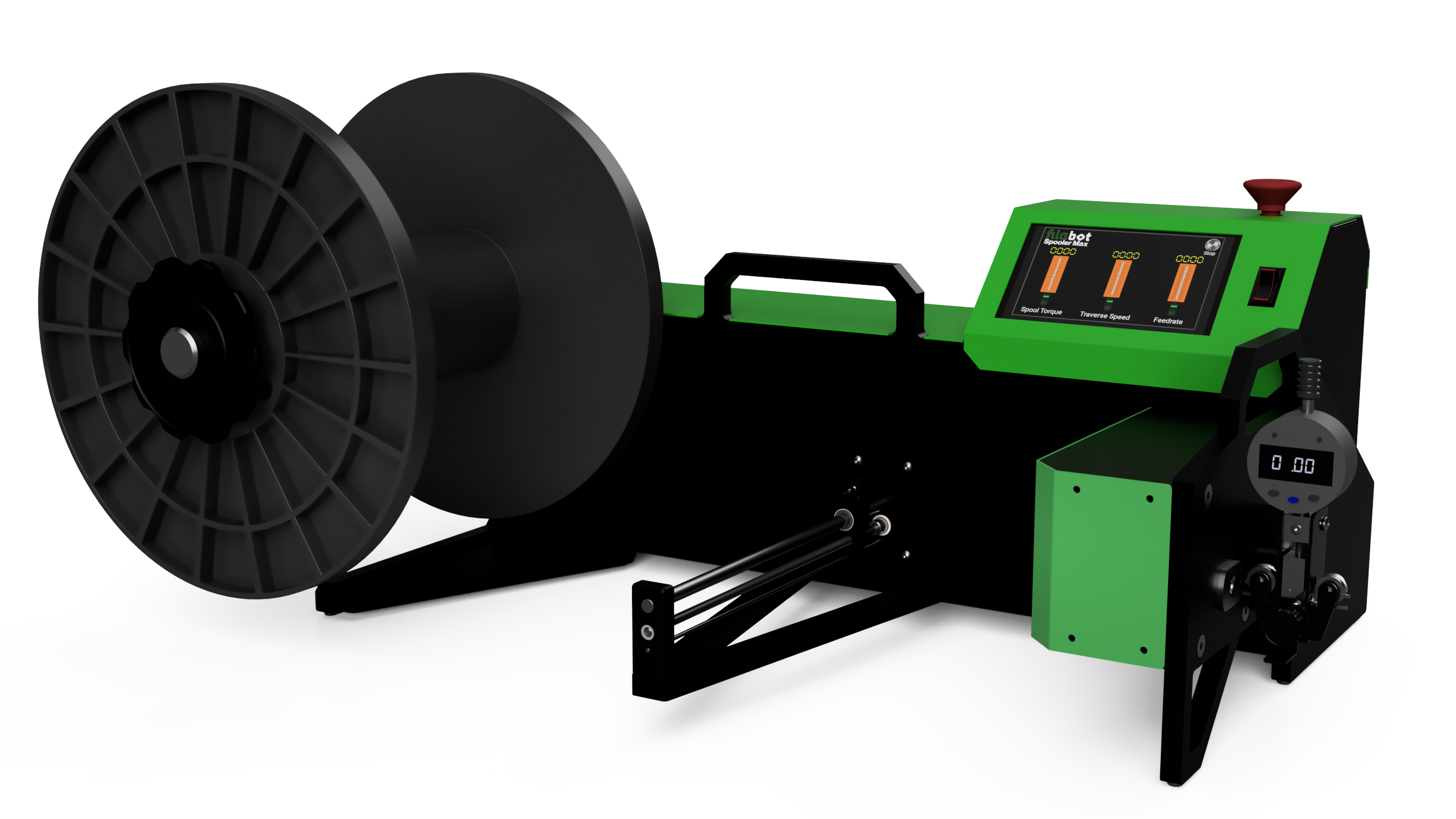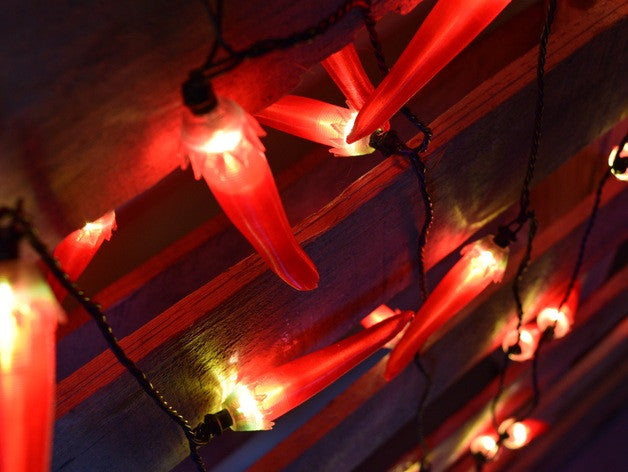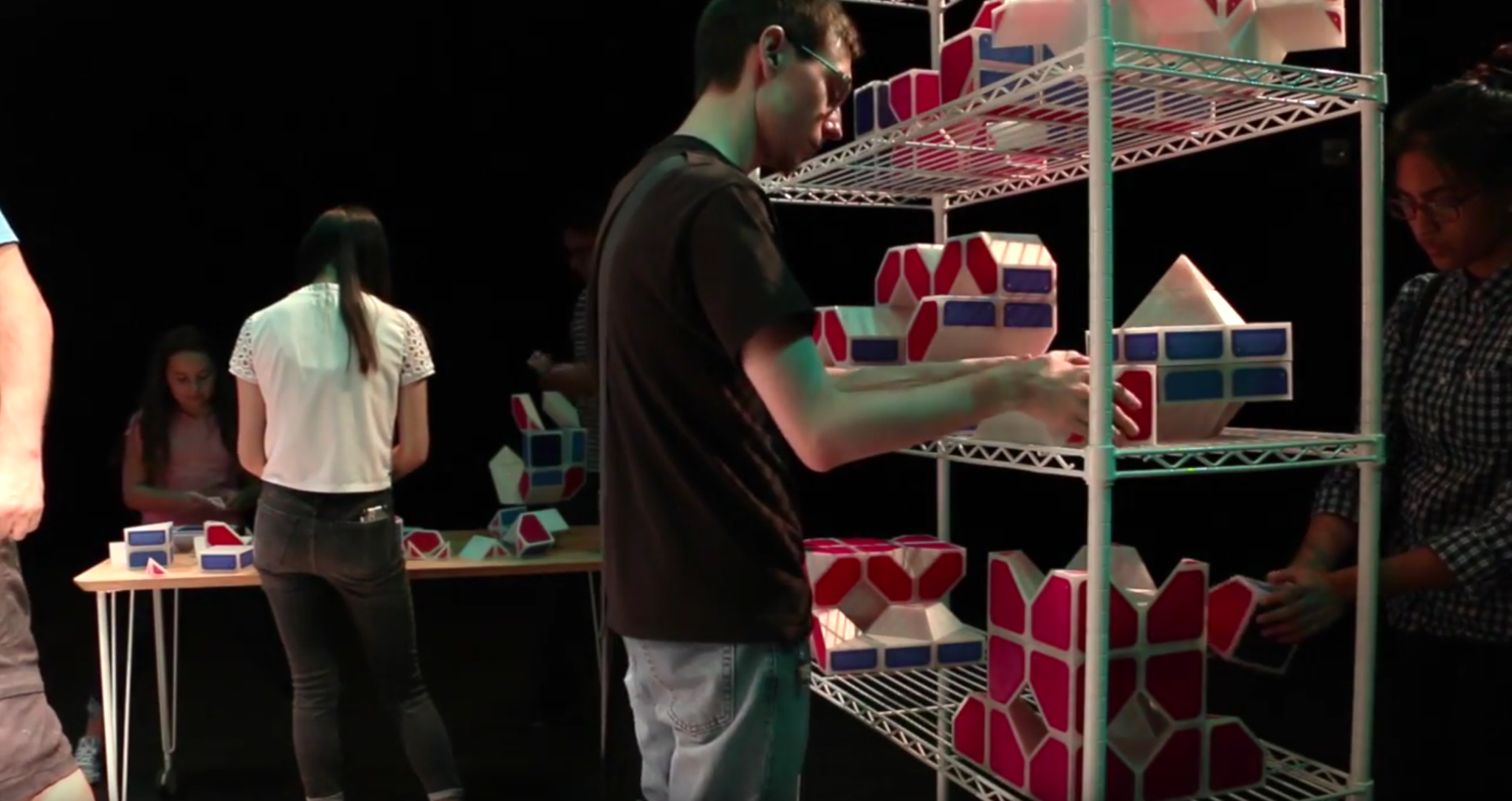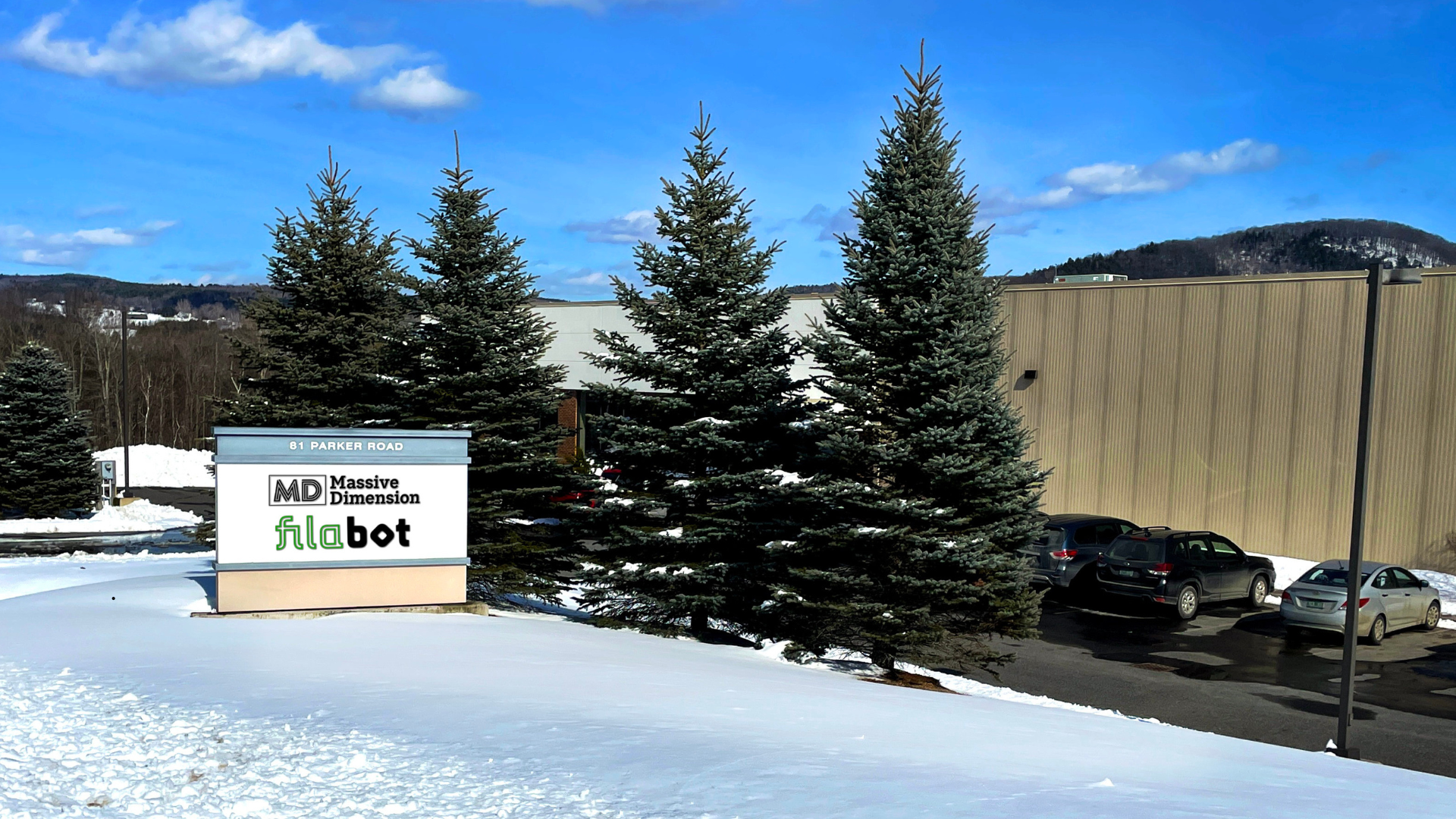Will Amos and Aldrin Lupisan are two UC Irvine undergraduate students who’ve been valued customers for about two years now. After meeting on a Solar Decathlon team in which they were tasked with creating the “tool room of the future” the two began developing a closed loop sustainable system for 3D printing.

They realized that 3D printing was going to be a large part of the future and decided that sustainability and waste reduction fit nicely with their passion for protecting the environment. It is no wonder Will and Aldrin wanted to tackle pollution considering the amount of waste plastics that are dumped into landfills and the ocean everyday. Will says they looked at the waste being generated from 3D printing and the impact waste materials were having on the environment. It was pretty much a no-brainer: “We can solve this [environmental pollution and waste], we have the technology ready to go, we just need to do it.” For them, it’s about a real palpable impact on waste reduction and the solutions a closed loop 3D printing system can and does provide.
Their team is supported and hosted by the Speculative Prototyping Lab at UC Irvine and consists of both art and engineering students wanting to make a difference. After tinkering and prototyping for a majority of their undergraduate careers, they’ve come up with a portable bike powered closed loop system for recycling plastics. Their system uses our Filabot EX2 Extruder and Filabot Spooler with a variety of custom built parts and pieces to complete the project as a whole. Again, think “tool room of the future” where plastics no longer make it to the ocean but get reused for a variety of printing projects right in your own home.

The entire system is on a cart and consists of a 3D printer, hand crank grinder, the Filabot and Spooler, all powered by bike. A rider cycles on a stationary bike to store and use energy. When ready to make a 3D print, grinded waste plastics are added to the Filabot EX2 for extrusion, spooled via the Filabot Spooler and used for printing a custom piece. No external energy required!
Developed with a few custom algorithms for autonomy and lots of pedal power, it’s no wonder these two are getting some attention. Recently their efforts have been recognized with a 2016 Brower Youth Award for environmental activism and the Dean’s Choice Award at UC Irvine for senior engineering students. The group has used their system to talk about a variety of environmental and sustainability related concepts. Their project advisor says that when you see their cart in action it is easy to demonstrate renewable energy, cycling a resource, and the concept of feedback loops. Their system is a small scale version of what concepts need to be applied to the rest of the world if we’re serious about reducing waste and pollution.

Using their $3,000 from the Brower Youth Award they hope to add solar and wind capabilities and a feedback screen for so bikers can see how much energy they’re producing. They’re graduating this June and will be jumping head first into developing a system for use on college campuses nationwide. Solo cups, coffee lids, you name it: their goal is to have campuses create their own 3D printing solutions from their own campus waste and thus reduce the impact they have on the environment. They hope to change the way waste is seen, used and valued. They seem to be well on their way towards making a palpable difference.
Their hope is that colleges and universities will see the value added in terms of waste and cost reduction, while bolstering educational and environmental opportunities. That’s where the Filabot does it’s magic and turns waste plastics into a valuable, reusable product. Recycled plastics turned into useable filament drastically increase in value and campuses can reduce costs while seriously making a difference. “A small amount of waste plastics can increase in value by 1300%,” Aldrin reinforced this idea with the age-old adage “one man’s trash is truly another man’s treasure.”
While they’re still scheming up ways to make their project a larger reality, Will stressed that it’s about “saving the planet first and making money later.” For Will and Aldrin, the first steps include surveying companies and universities about the amount of plastic waste they generate. We can’t wait to see where their journey takes them.

Here at Filabot we’re excited about what our customers are doing and we’re proud of what Will and Aldrin have created. If you’ve got a project, an idea or solution that uses our Filabot system to improve the world we live in, we’d love to hear your story.
Thanks for reading,
The Filabot Team





